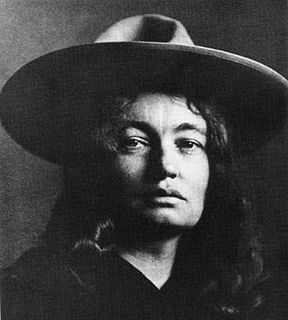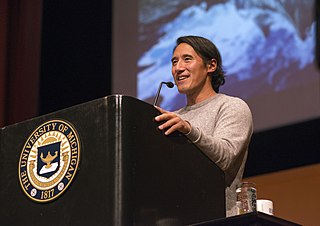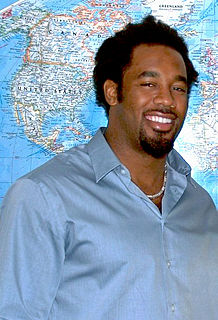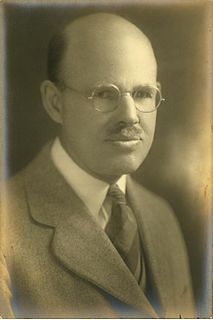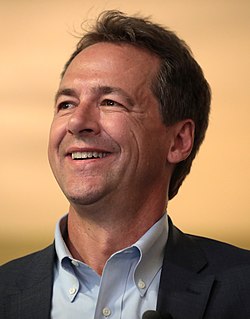A Quote by David Quammen
You can hike into the Yellowstone backcountry. You can camp in the Yellowstone backcountry. You can take food into the Yellowstone backcountry, and you're surrounded by grizzly bears. And it's - it's a very, very thrilling, peculiar situation. Every sound that you hear in the night, you wonder is this a grizzly bear coming to tear into my tent?
Related Quotes
And so in 1975, the grizzly bear was put on, as I said - on the endangered species list as threatened. And new measures were taken, for instance, bear-proofing garbage, creating new regulations to - essentially to try and keep people and people's food away from the bears, let the bears adjust to eating the abundant wild food that's available in Yellowstone and allow them to be more wild, to be independent of humans as sources of foods for the good of both sides. And that has been quite successful.
There was a very important superintendent of Yellowstone, a man who was involved in the founding of the National Park Service itself, Horace Albright. And he became superintendent, which is the boss of Yellowstone Park, in 1919 - from 1919 to 1929. Later, he was director of the park service itself. Albright embraced the idea that in order for the national parks - and Yellowstone in particular - to have support from the American people and from politicians, there needed to be wildlife as spectacle.
But private lands development around the periphery of the parks - Grand Teton and Yellowstone - is a crucial issue because if those private lands are transformed from open pastures, meadow, forest land to suburbs, to little ranchettes, to shopping malls, to roads, to Starbucks - if those places are all settled for the benefit of humans, then the elk are not going to be able to migrate in and out of Yellowstone Park anymore. And if the elk can't migrate into the park, then that creates problems for the wolves, for the grizzlies, for a lot of other creatures.
I've seen a few wild grizzly bears, mostly in Alaska and British Columbia, and always from a distance. But each grizzly I've caught sight of was as fearsome and sublime as the last. You never get used to their raw power and massive bodies, or the mysterious intelligence in their dark, close-set eyes.
I fly myself everywhere. I like all kinds of flying, including practical flying for search and rescue. And I also like to fly into the backcountry, usually the Frank Church Wilderness in Idaho. I go with a group of friends, and we set up camp for about five days and explore little dirt strips and canyons.


